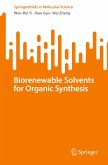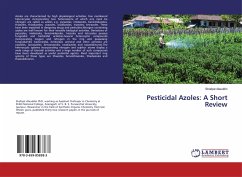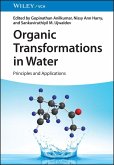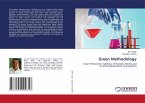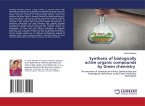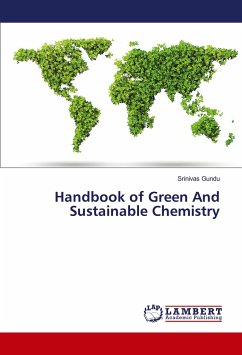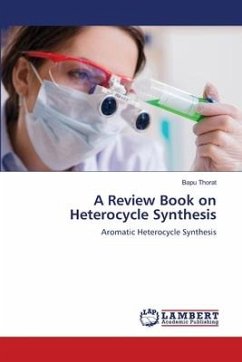This book aims to introduce the reader to the design, development, and evaluation processes of new Green Chemistry methodologies. As a comprehensive introductory text, it takes a broad view of the subject and integrates a wide variety of topics. Topics covered include: alternative feed stocks, environmentally benign synthetic methodologies, designing safer chemical products, new reaction conditions, alternative solvents and catalyst development, and the use of biosynthesis and biometric principles. The reader is introduced to the new evaluation process that encompasses the health and environmental impact of a synthetic pathway from choice of starting materials through to target molecule. Throughout the text, comparisons and contrasts with classical methodologies are offered as illustrative examples. This accessible text is aimed at all those involved with the design, manufacture, use and disposal of chemicals and their products - especially synthetic chemicals at the graduate andprofessional level, process development chemists and environmental scientists.
Bitte wählen Sie Ihr Anliegen aus.
Rechnungen
Retourenschein anfordern
Bestellstatus
Storno


